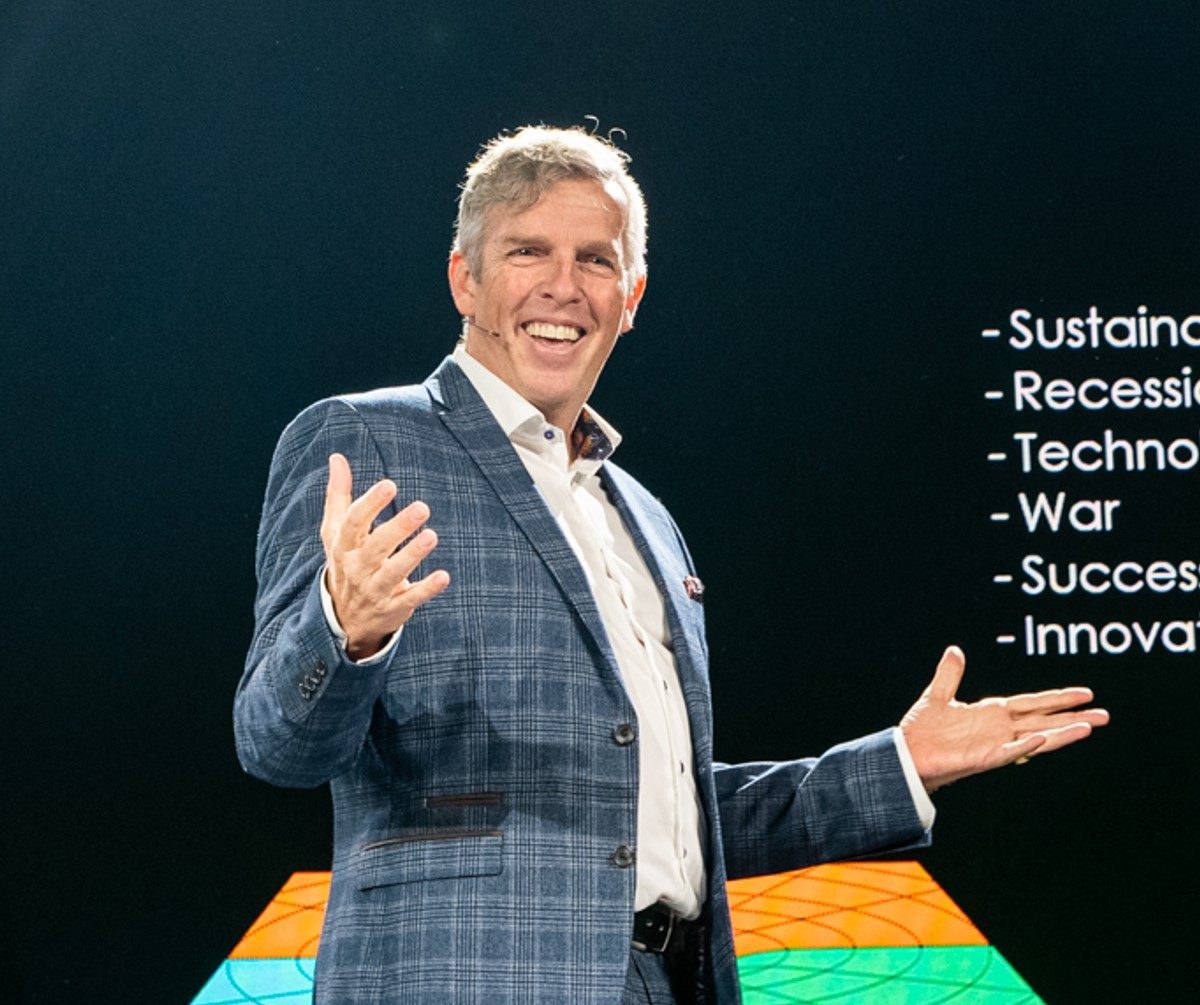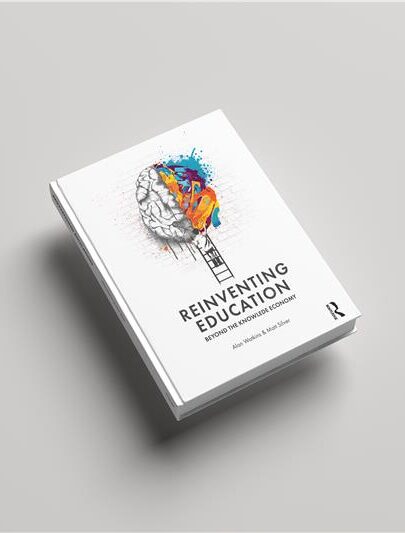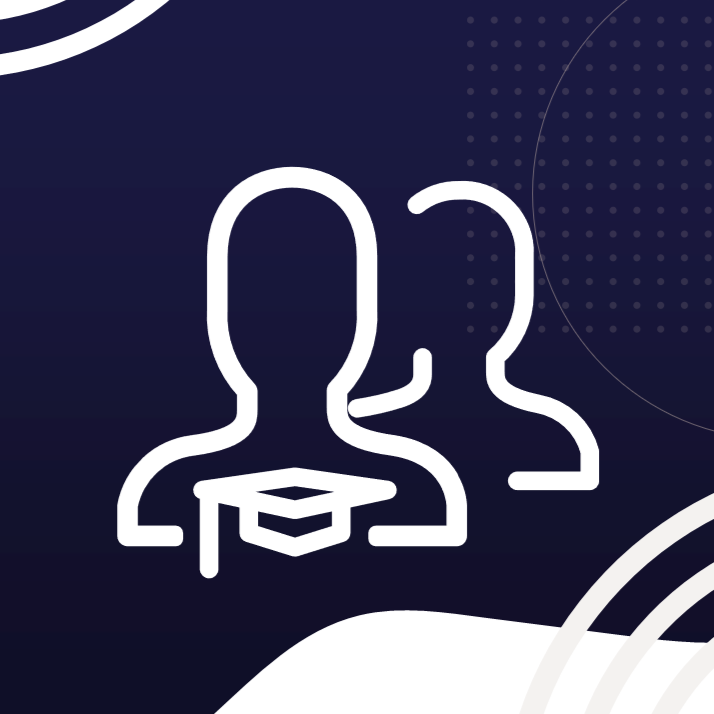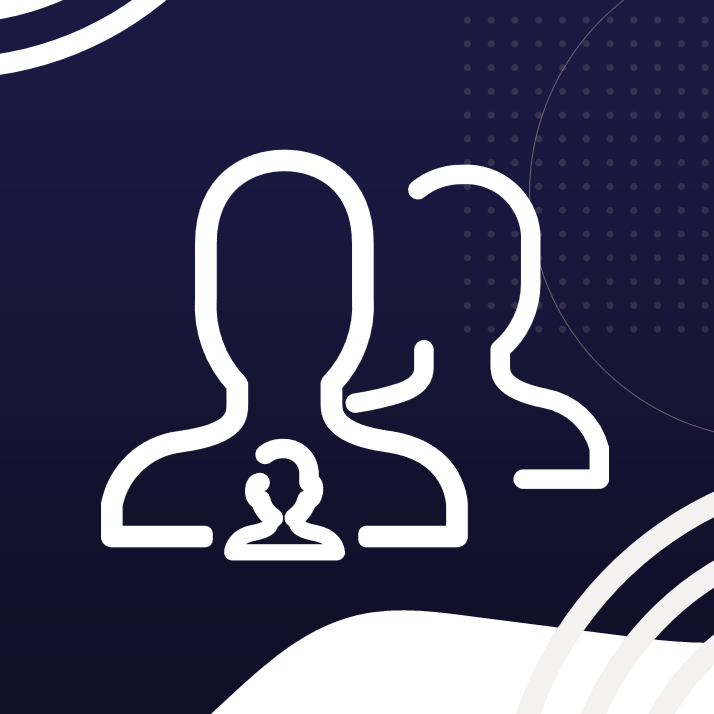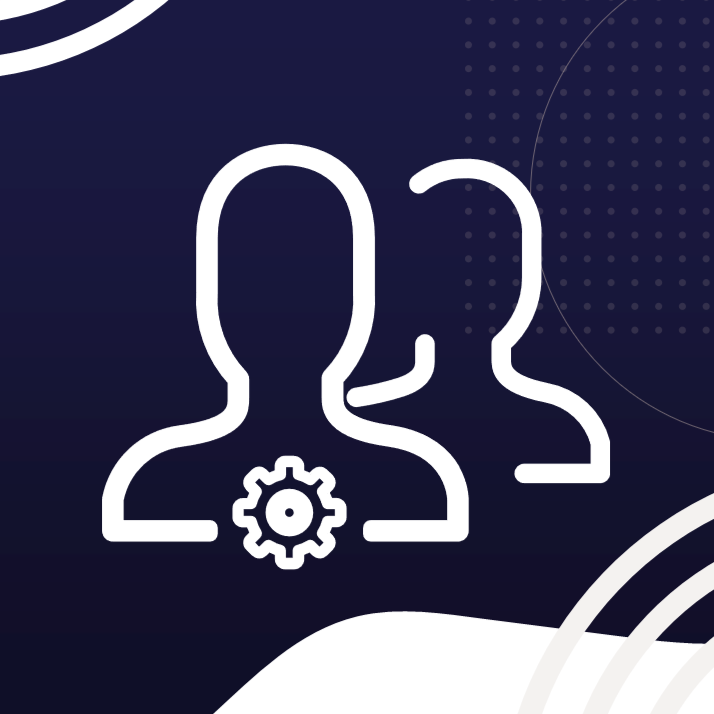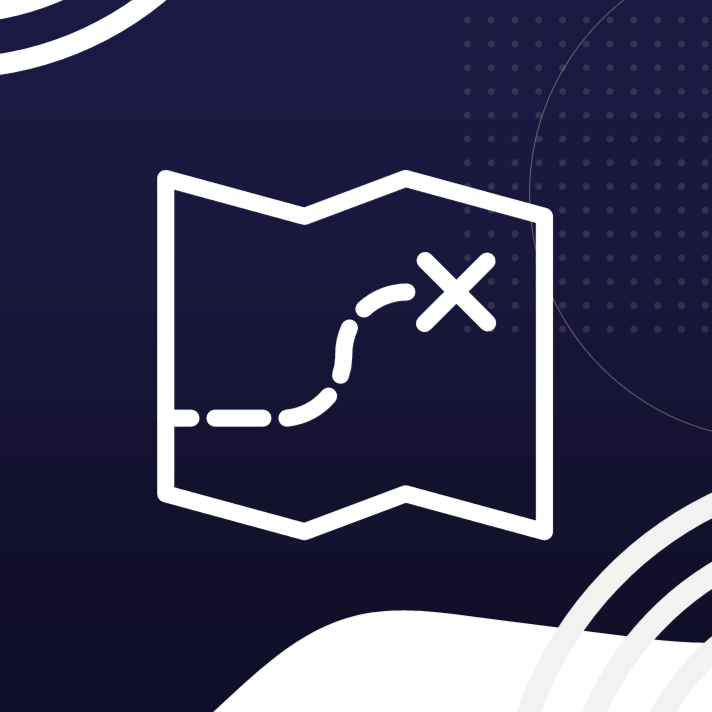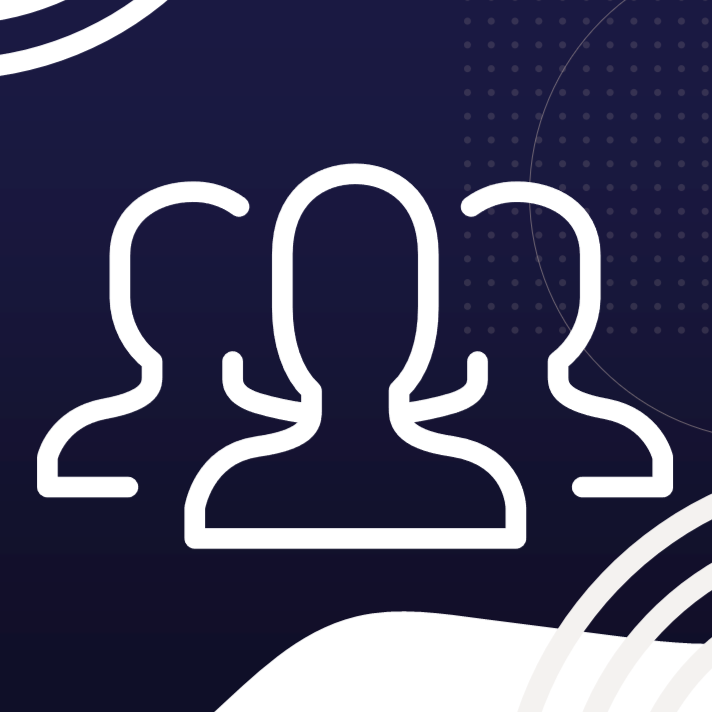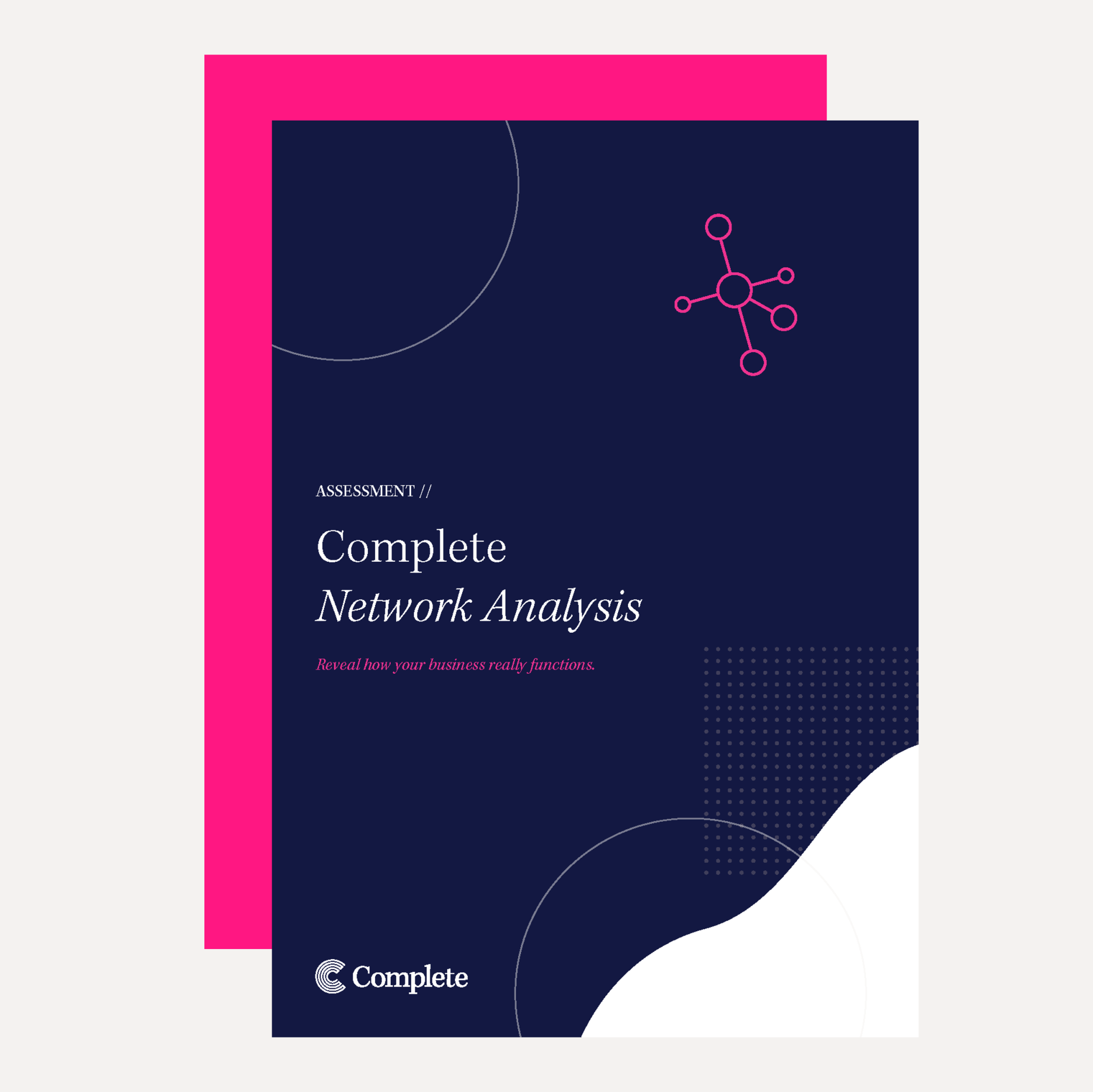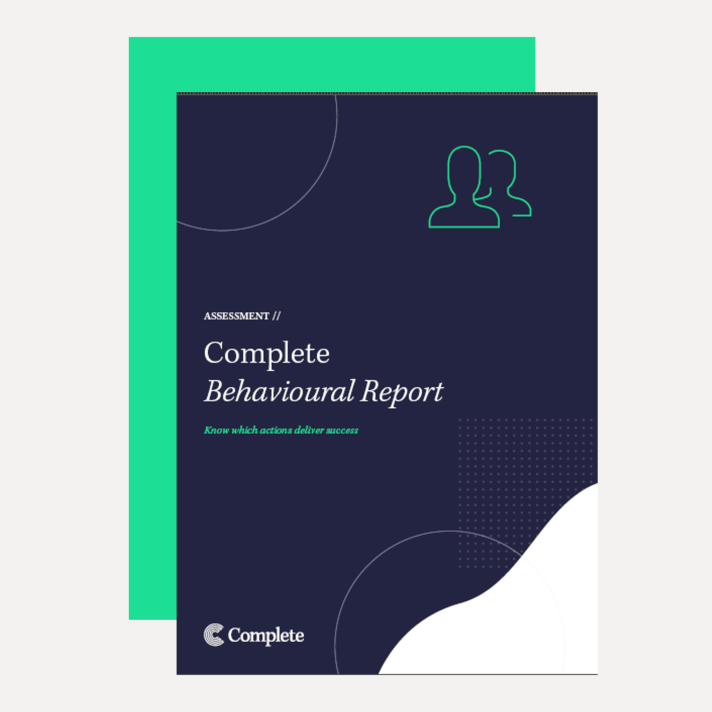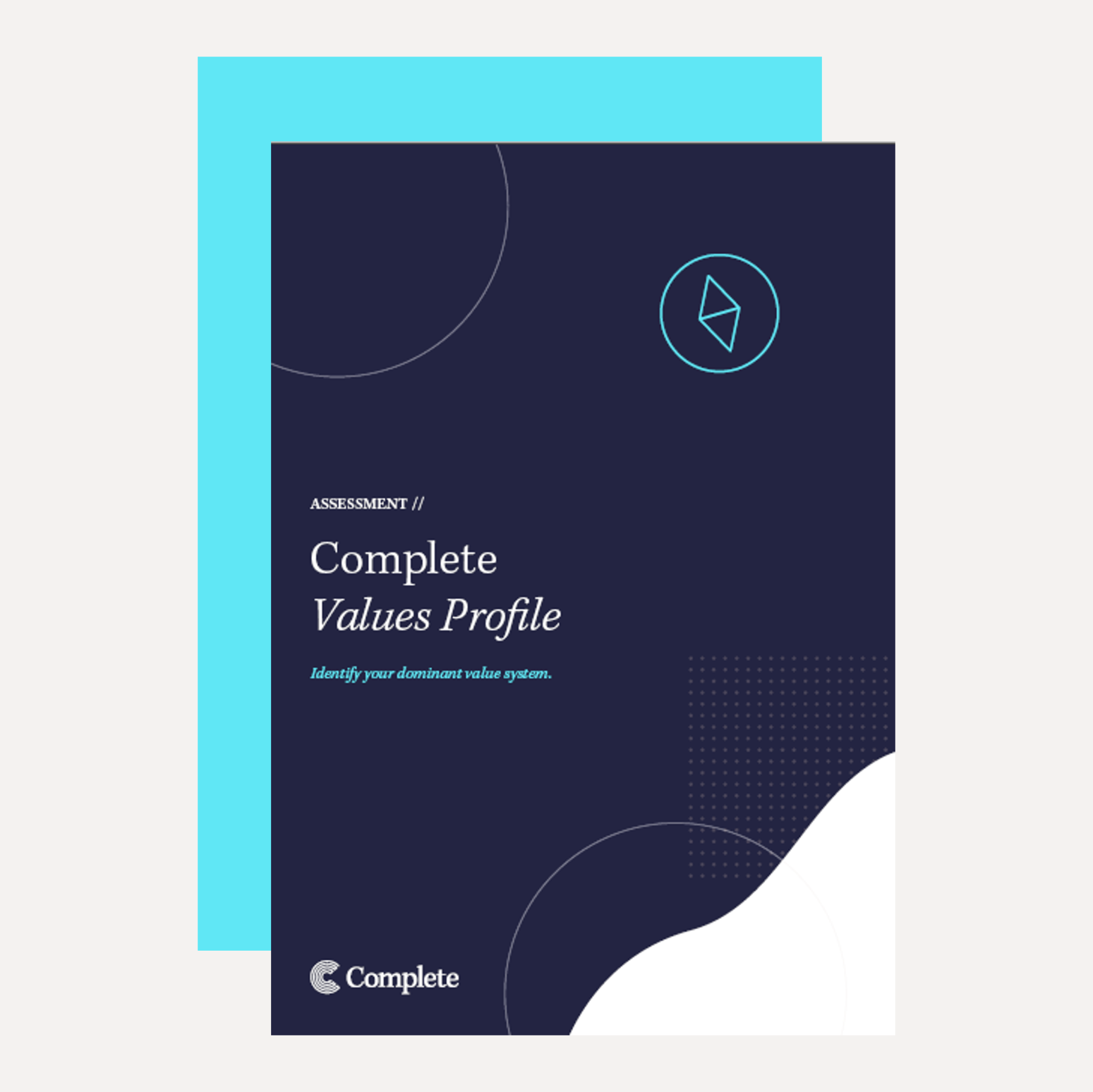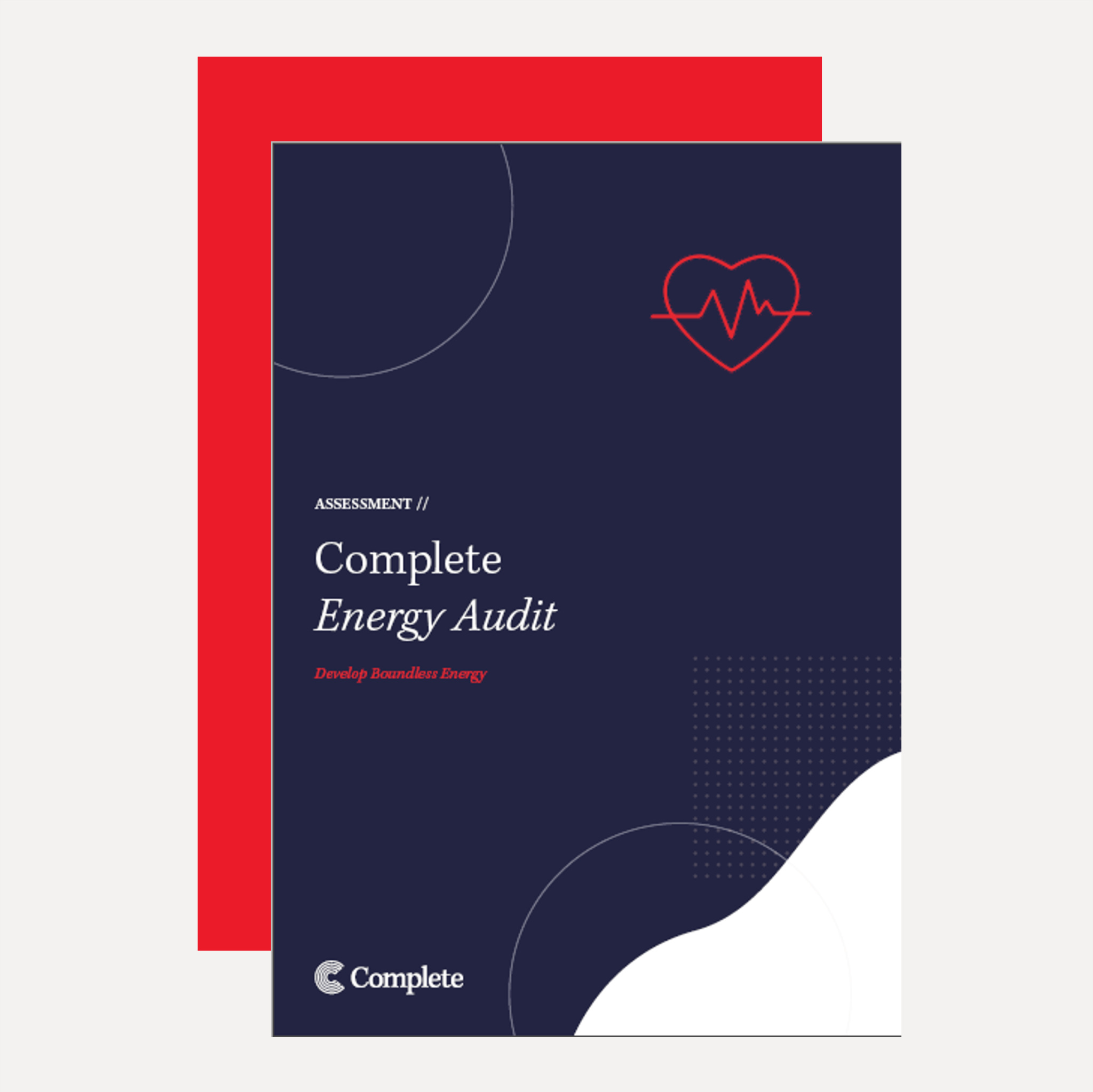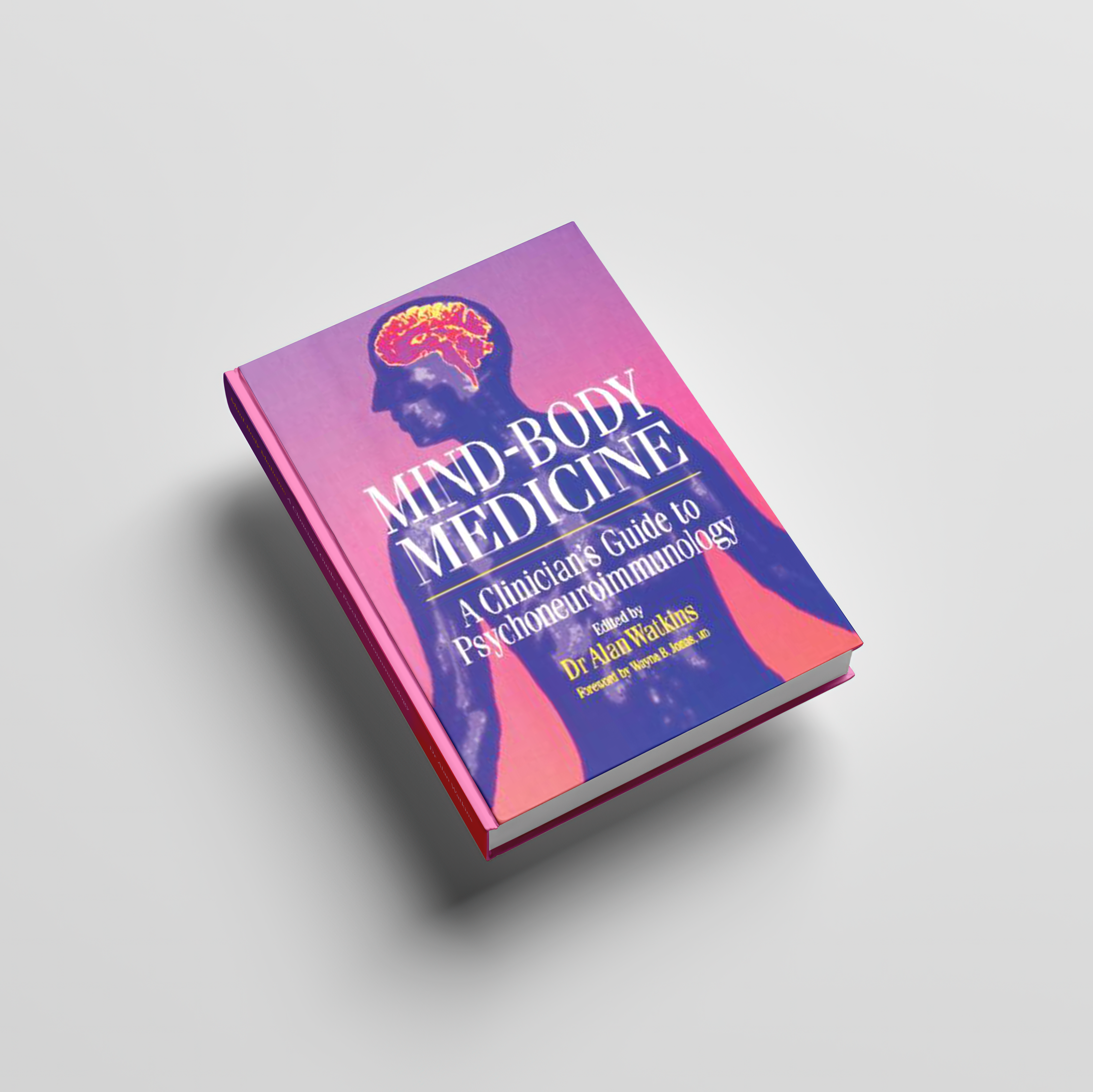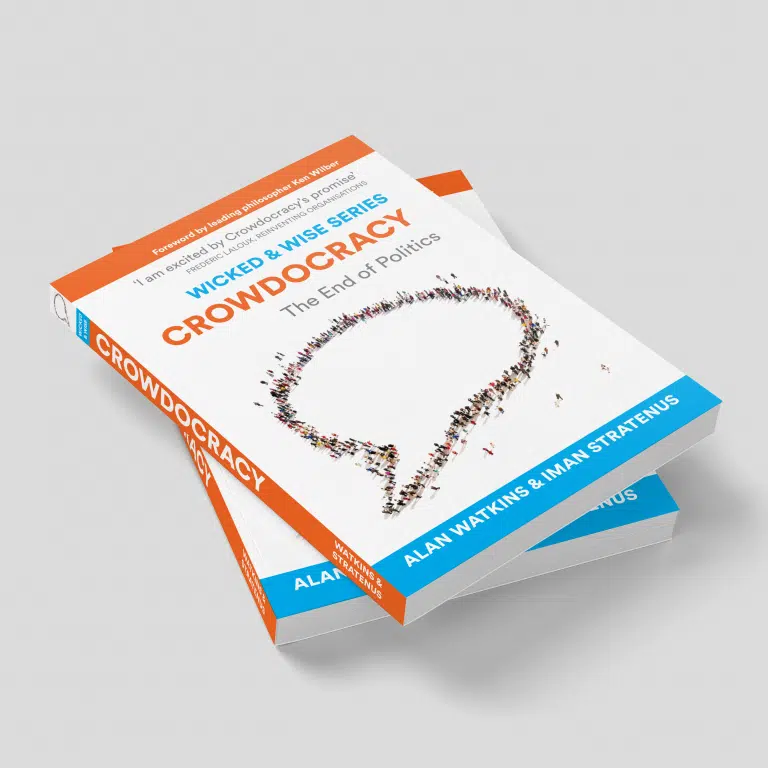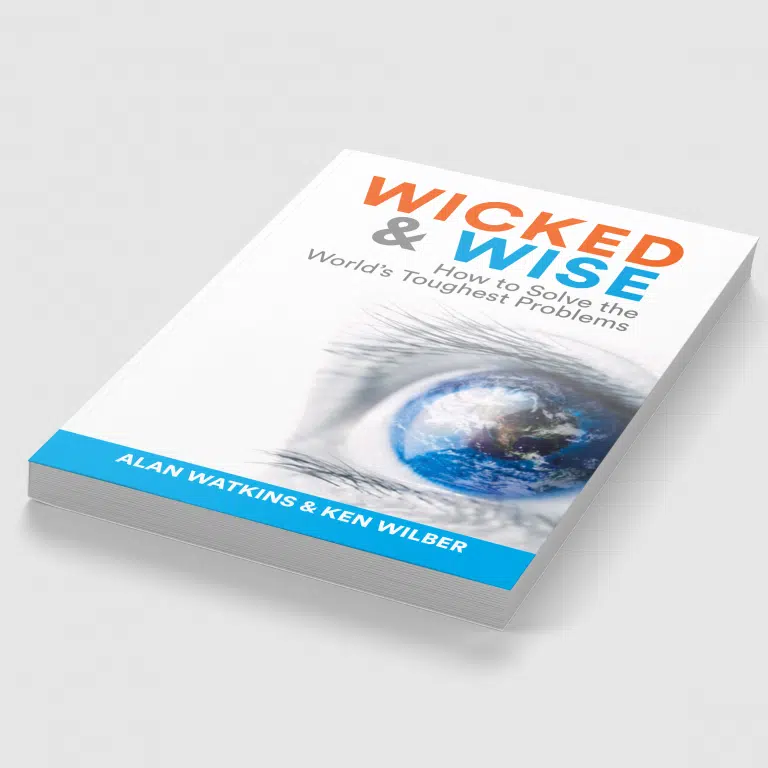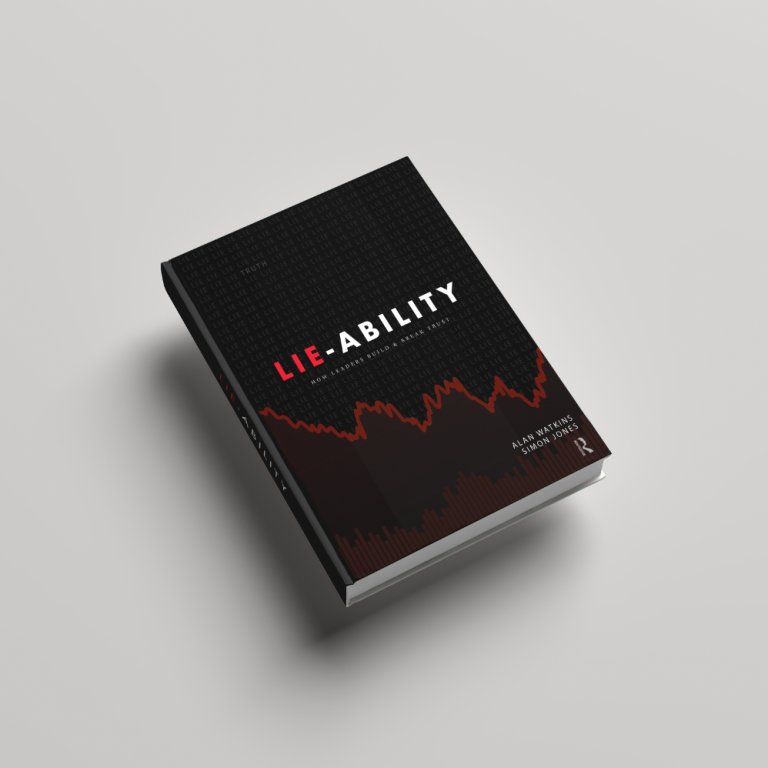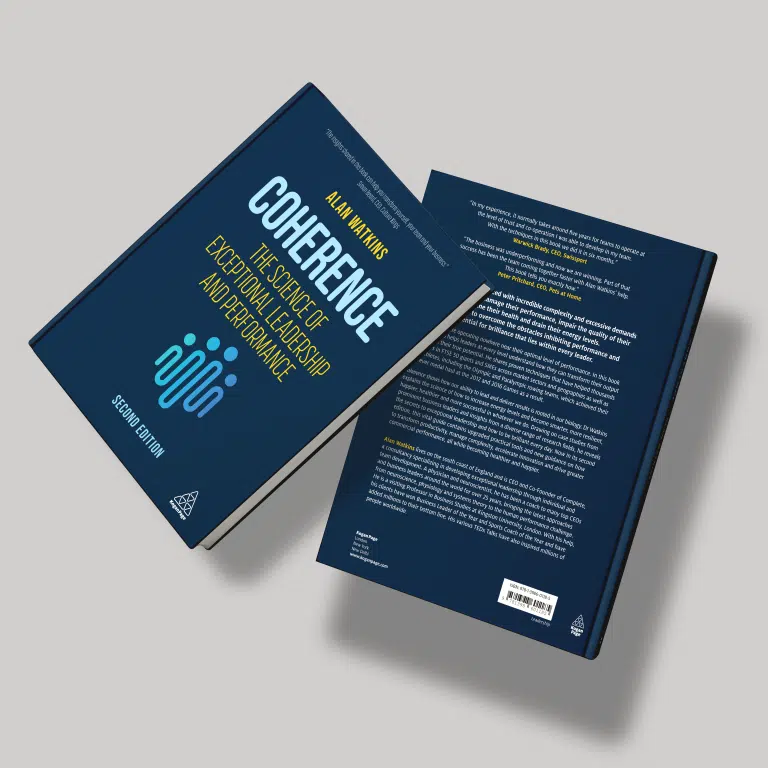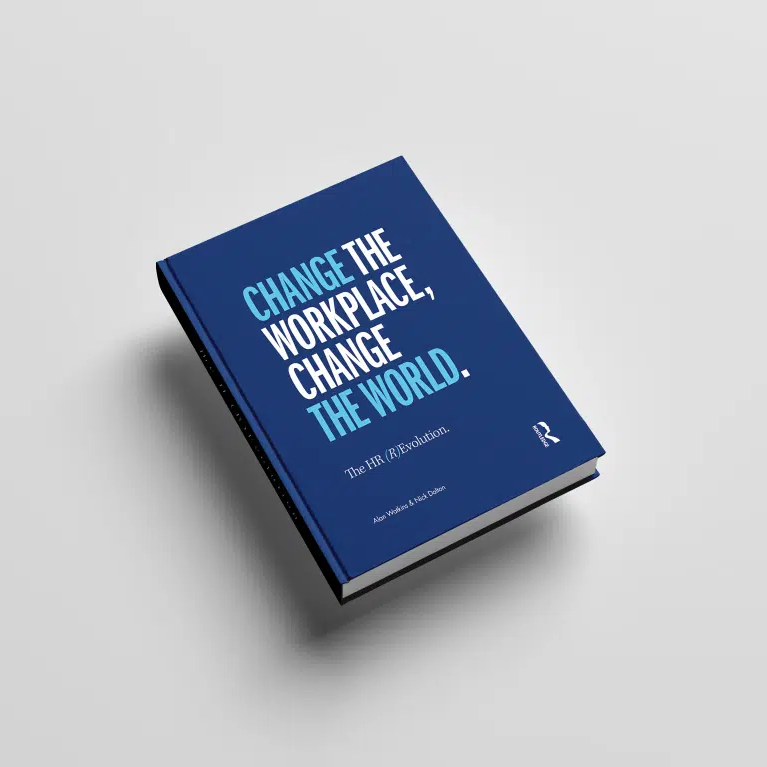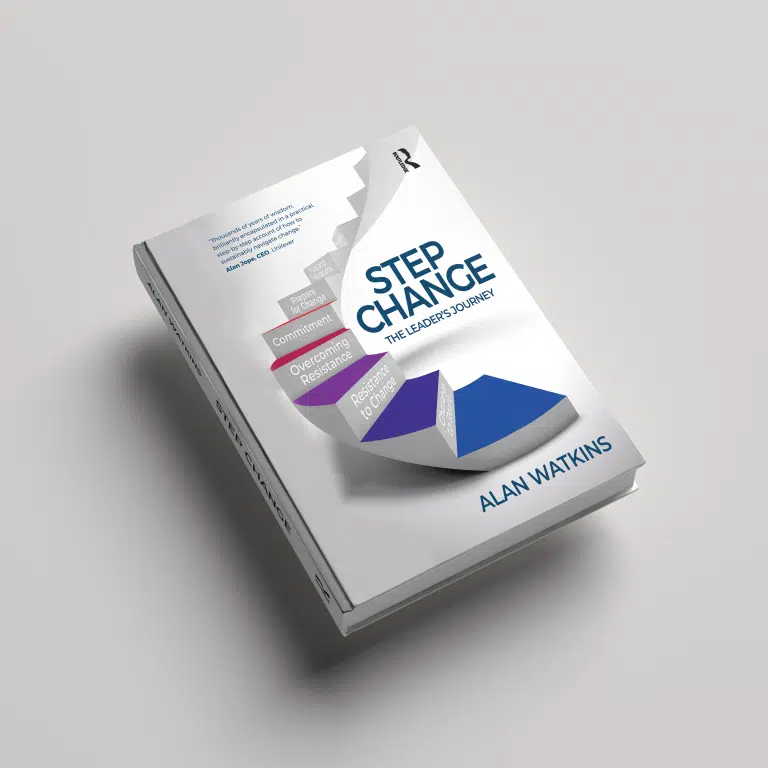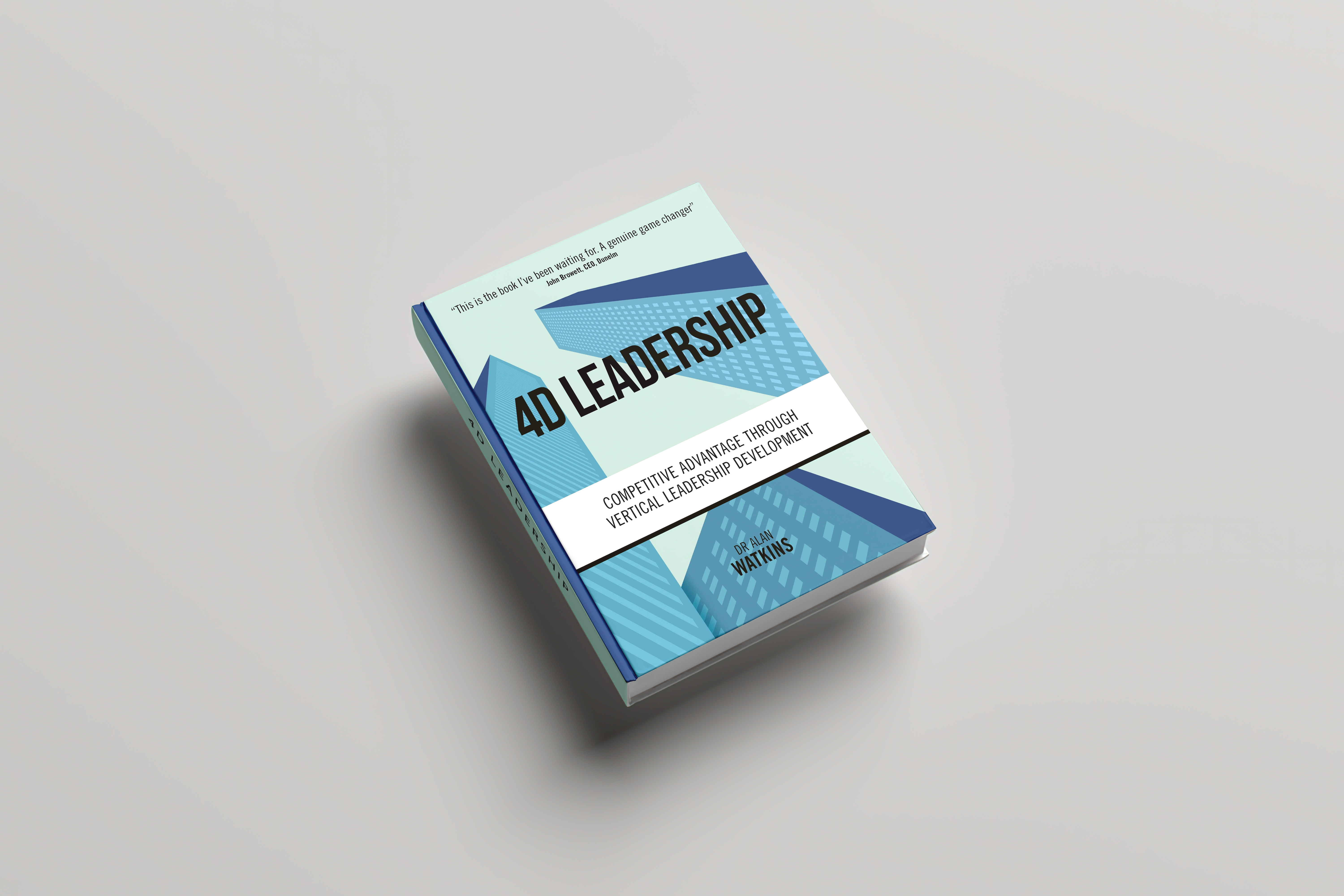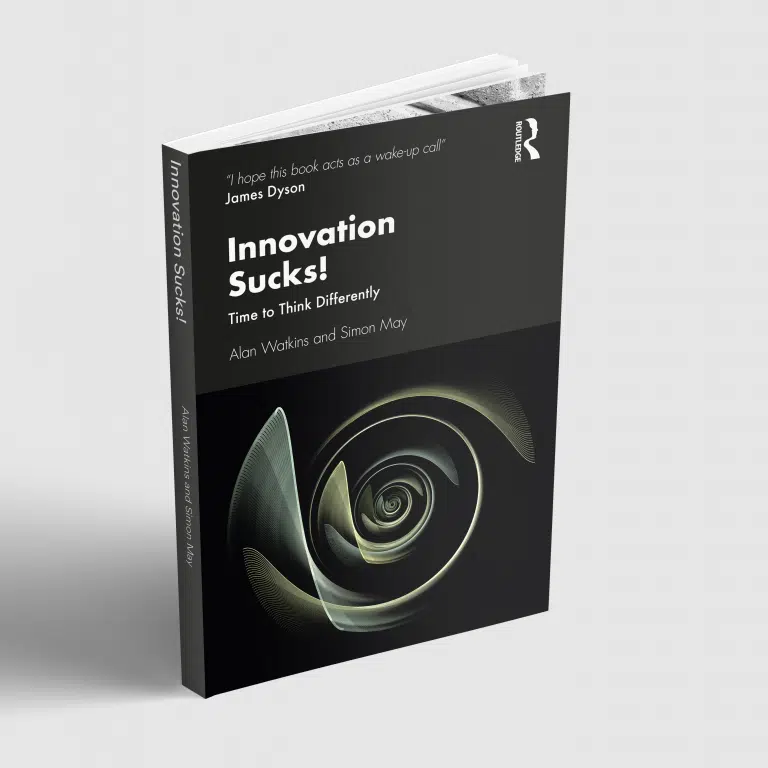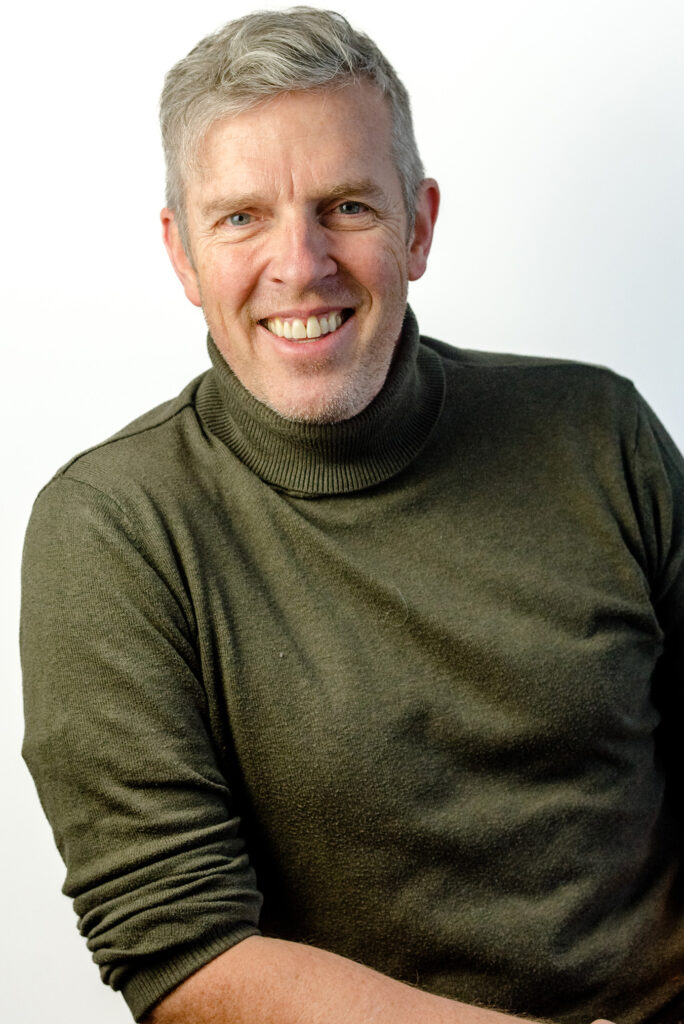July is ‘Wild about Wildlife’ month and if you’ve been following my articles, you’ll know I definitely fit that description! As a kid, walks in the countryside were mainly about learning the names of the flora and fauna. My mum and I would amble along contentedly being amateur naturalists, whilst my dad and brother marched ahead with the dogs.
My love of wildlife eventually led to studying zoology at university and a hope of working in environmental protection. While my career took a different path into people development more than 25 years ago, my passion for nature never went away. Over the years I have I fallen in love with hiking, and then bird watching and then botany. A countryside walk today is much like the ones from my childhood; ambling along noticing the natural landscape, the plants that grow in it and the animals that inhabit it.

Like many people, I found comfort and recuperation in the nature on my doorstep during the pandemic lockdowns. That period, when we could only go for a walk in the local area, rekindled the teenage naturalist in me. I also became much more aware of the energetic impact of getting out into nature – even a coffee break sat in the little park around the corner made a difference to my ability to keep going. Knowing this made those little breaks even more energising too!
My coaching clients are often senior leaders who are struggling with being tired or feeling exhausted. Energy is a critical resource for leaders; they have to pour energy in, day after day, week after week. The demands on energy never end, but few leaders have ever really thought about where their energy comes from or how to replenish it.
Managing your energy is not about freeing up time in your calendar. If you have 30 minutes without a meeting scheduled and no energy, you’ll get nothing done – it’s the energy that matters. And if you have no spare time, then more energy will mean you’re more productive, which might just free up a little capacity for something else.
It is possible to manage energy, so that you finish the day with the same energy levels you started with … maybe even more! It’s not a foregone conclusion that we have to be zonked at the end of a Monday, yearning for the weekend by Wednesday and dreaming of the holiday in a few weeks as we work late on a Friday. The trick is to replenish energy all the time, not to drag ourselves to the brink of burn out and then collapse by a hotel pool for a week.
Think of your energy like a bank account – there are deposits and withdrawals, sometimes just a few coins, sometimes a note and occasionally a gold bar. If you audit your energy bank, or ‘E-Bank’, you can spot the patterns and take action to minimise withdrawals and maximise the deposits. The E-Bank is a practice that you can use to create more optimal energy habits. There are four simple steps that you can do every day (or even once a week):
1.Deposits. Create a table with two columns and in the first column record the things that energised you in the last 24 hours (or week). As you write them down, relive the experience to feel some of the energy again. Don’t drift into the withdrawals, stay positive.
2.Withdrawals. In the second column reflect on the same period and jot down the things that cost you energy. But this time don’t relive them, just leave each item on the page. Acknowledge it and move on, don’t dwell.
3.Conclusions. Review the table and notice the patterns. Do you tend to gain or spend energy on certain things? Is there a difference over the course of the day (or week)? Are there some hidden energy sources that you weren’t aware of? Any drains that need attention?
4.Actions. Make a commitment to do one or two things differently in the next 24 hours (or week). Aim to increase or add to the deposits and reduce or eliminate the withdrawals. Immediate actions work best as you can create a flywheel effect that gains momentum.
When the first lockdown happened in March 2020, I went from doing a weekly E-Bank to a daily one. I quickly noticed that energy was depleting and that a big factor was the lost travel time between meetings. This was when I used to digest, reflect and plan – like filing thoughts in my brain! And now that time was gone, my thinking was cluttered, and I was losing energy. I started to build in time for a walk at the end of the day or a coffee in the park. And that simple action allowed nature to blossom again into a huge energy source for me.
My appreciation of nature became a lifeline and the energy I get from it amplified as I put my attention on it. You may feel the same, or you may have a totally different source of energy that matters to you – art, sport, reading, cooking or socialising. Try the E-Bank exercise and you may just discover a new wellspring of energy that will sustain you. I’d love to hear about what energises you.


